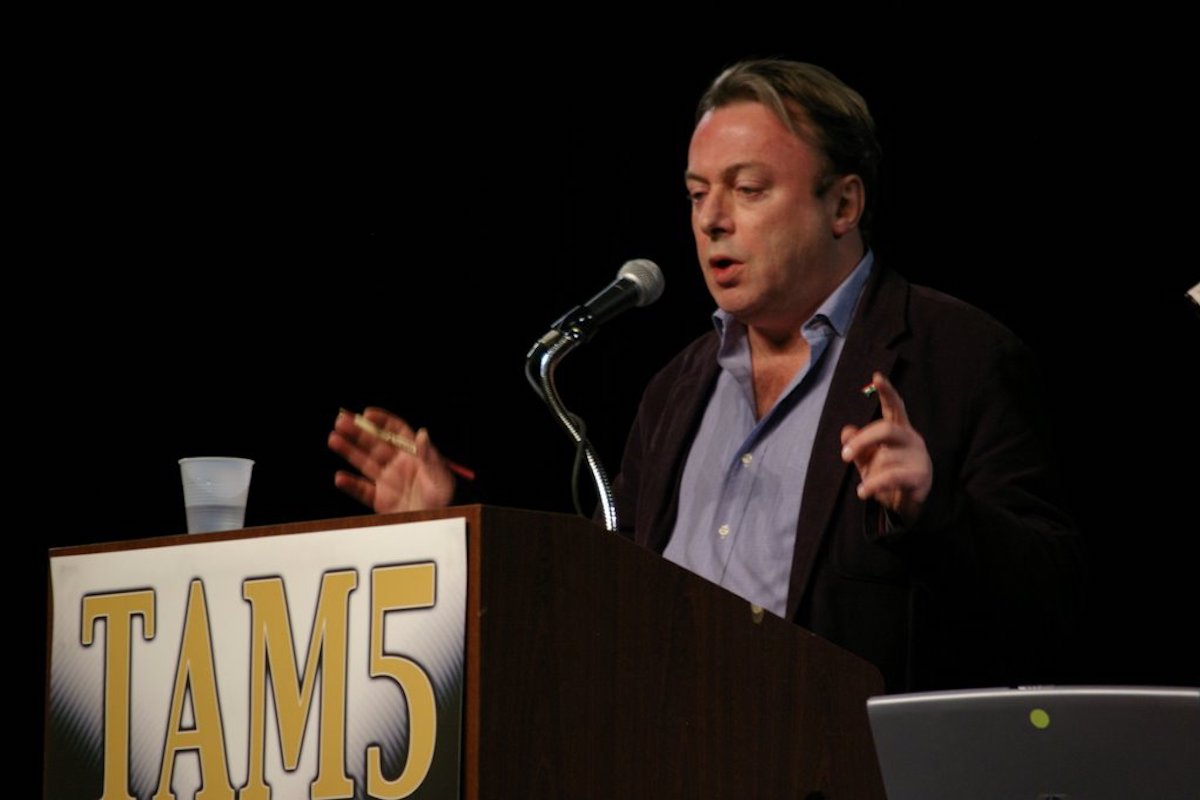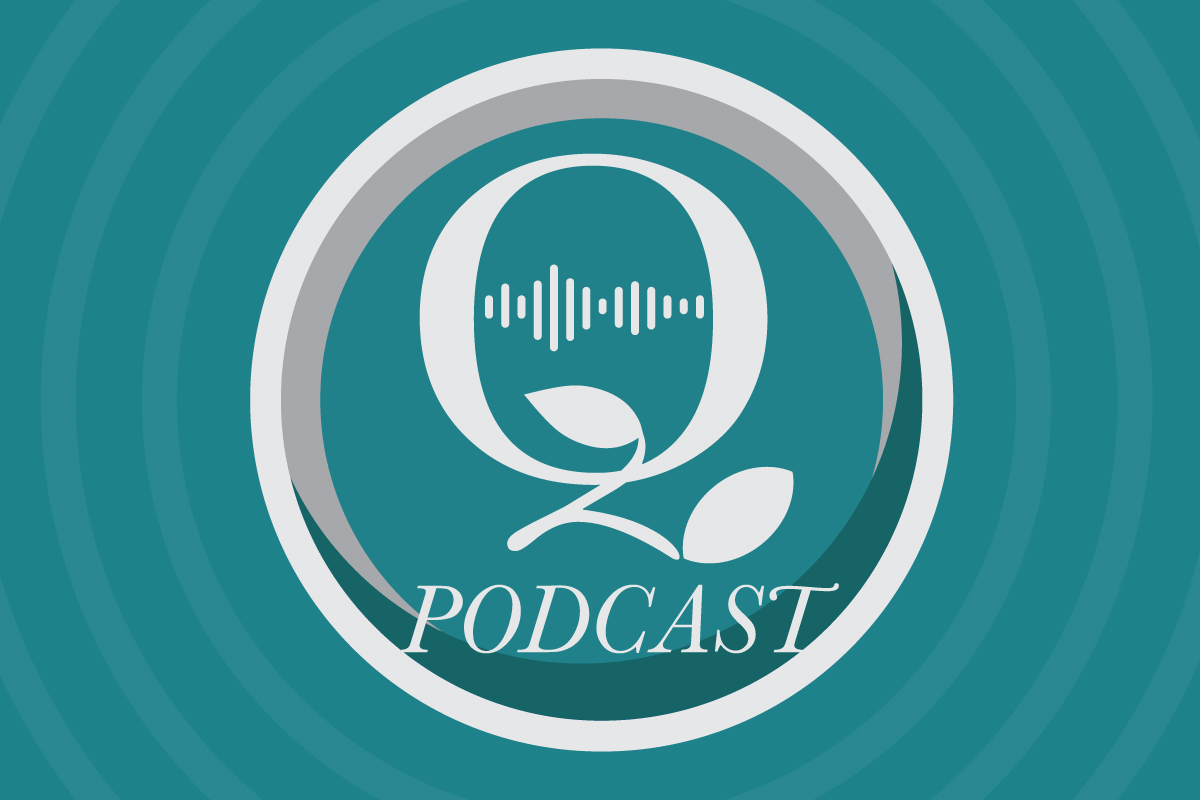Obituary
Remembering Roger Scruton, Defender of Reason in a World of Postmodern Jackals
Scruton did not entertain petty prejudices, and had no wish to tell anyone how to live or who to love.

I received the news that Sir Roger Scruton had died with a pang in my heart. I did not know him personally, although our paths crossed once. And I am not the sort of fan who says things like “I felt like I knew him,” for I am not a sentimentalist. But he was a thinker and writer I admired extravagantly, and he was a beacon of reason in an age that is dominated by irrationality. It does seem to me that a bright star in my personal firmament has been extinguished.
The path-crossing I mention took place in Ottawa in 2006. He was the keynote speaker at a symposium, sponsored by an outfit called the Centre for Cultural Renewal, which attracts an audience of citizens, many of them older, bewildered at the lightning social changes they are living through, and a little frightened, too, about where it is all going to end.
The topic was “Public morality? Community Standards and the Limits of Harm.” Scruton told his listeners what they wanted to hear—namely that they were quite right to be worried—although not because they wanted to hear it, but because he believed in what he was saying. He castigated liberals who he felt were corrupting legal concepts such as “equality” and “harm” in order to undermine the traditional family, which like all conservatives he understood to be the pillar of stable societies.
That makes him sound like an old-timey preacher, but he was the farthest thing from that in his presentation and sympathies. Scruton did not entertain petty prejudices, and had no wish to tell anyone how to live or who to love. However, he was not the kind of man to relinquish ideas about human nature and cultural institutions he felt were honest and true in order that people’s feelings should be spared.
It was this uncompromising conservatism that led to his estrangement from the predominantly liberal intellectual elite in Britain. He wasn’t an outcast exactly. He taught at Oxford and Cambridge, among other places, and at one stage wrote a column for the Times—but after publishing The Meaning of Conservatism in 1980, he realized that his political views meant he would never reach the top in academic philosophy. That impression was confirmed when his follow-up book, Thinkers of the New Left (1984), was widely panned and his publisher remaindered it at the request of its left-wing authors.
I first encountered Scruton’s work through an essay he’d written about fox hunting for National Review in 2005. Scruton was an avid hunter himself, for 35 years, finally hanging up his spurs last February. This activity is considered so retrograde by progressives, it alone put him beyond the pale as an elitist of the imperialist class, about whom nothing more need be said or known.
From that article, I learned the interesting fact that England’s Parliament had spent 18 hours on the decision to enter the war in Iraq; but, because of Labourites’ obsession with class, 225 hours debating fox hunting during the seven previous years. Well, that does tell you something, doesn’t it. Scruton wrote, “Labour members of Parliament, who condone every kind of excess and seem to rejoice in the breakdown of family values, become pale with horror at the thought that someone somewhere might be enjoying the ‘sport of kings.’”
He had by the time of that essay left England to take up a post at the Institute for Psychological Sciences in Arlington, Virginia. His views were generally too conservative for his peers, who were virtually all progressive and increasingly intolerant of those who disagreed with them, no matter how brilliantly they defended their corner, no matter how erudite or cultured or aesthetically gifted. He did his fox hunting in Virginia, in company with anyone in the neighborhood who enjoyed it. In classless America, as in class-bound England, his fellow hunters were a mix of the privileged and blue-collar locals. He even bought an 18th century plantation house called Montpellier near Sperryville. By this time, he had remarried, having met his second wife, Sophie Jeffreys, while out hunting in England.
Scruton’s breadth of knowledge was astonishing. None of his enemies could dispute that. He wrote whole books with complete authority on religion, architecture, opera, the environment, Islam, philosophy. But running through them all was a guilt-free love for, and fidelity to his—our—cultural inheritance. He loved his own home, England, and he would not repudiate it for its disfiguring historical warts, which seemed to preoccupy almost everyone else. It was Scruton who gave us the word “oikophobia”—hatred of one’s home—which is the hallmark of progressivism. He was out of sync with the hey-hey-ho-ho-western-civ-has-got-to-go zeitgeist. It didn’t help that he was the son of a lowly schoolmaster and had gone to the Royal Grammar School High Wycombe, a selective public high school.
Feeling isolated, like Andrew Sullivan and Christopher Hitchens before him, Scruton drifted “across the pond” to breathe the friendlier air of the last western redoubt where conservative thought finds a welcoming hearth. From 1992 to 1995, he taught a philosophy course at Boston University, and he spent a second stint in America from 2004 to 2009. But the pull of his beloved England proved too great, and he returned to settle in a 250-year-old farmhouse in Wiltshire which he named “Scrutopia.”

One of my favourites of his books is his intellectual memoir, Gentle Regrets (2005), an anthology of essays on political philosophy, urban dynamics, personal influences, opera, travels, pets and, of course, fox hunting. Scruton is more generally known for his expository writing, but here you find him in a more relaxed and discursive vein, even intimate. And playful, too.
One chapter, “Drinks in Helsinki,” is a series of diary entries recording Scruton’s impressions gleaned during an academic trip amongst the pathologically shy Finns. Some of his aperçus rival those of George Orwell in their wickedly precise social marksmanship. He describes, for example, a Finnish dance he attended after a day’s academic work as “a sad, speechless knot of people drift[ing] on the dance floor like a clot of rubbish on a pond. They do not dance, but smooch aimlessly about…occasionally burying their heads like hatchets in their partners’ necks.” Many a novelist in a Master of Fine Arts program would spend half a semester workshopping such savagely funny and evocative images. You just know it popped out of his head without effort. There’s a lot more of that sort of thing in this memoir.
Scruton did eventually get some recognition in his home country. He received a knighthood in 2016. But then in his last year, Scruton fell victim to the scourge of “cancel culture.” A few words, taken out of context in an interview, and then mendaciously twisted by the New Statesman, brought on a mobbing of the kind we are all too familiar with, with accusations flung at this gentleman of harbouring “white supremacist” views.
As the night follows day in this feckless new world, Scruton was stripped of a recent government appointment, and there were demands that he lose his knighthood, too, on account of his homophobia, Islamophobia and so on—all complete fabrications. But here is what our culture has come to: the best of us is sooner or later thrown into the tumbril and exposed to the jeering crowds. Apologies to Scruton were eventually forthcoming, but great damage was done—not just to Scruton, but to journalistic standards. It was an indecent performance, exposing everything that is wrong with our chattering classes and our culture in general.

And yet, as a diary of his final year affirms, Scruton believed he had so much to be grateful for. In July, he learned he had cancer. But there was joy in the time remaining, not least because of the support and encouragement he received from his admirers during his 2019 show trial. His last entry in December: “Falling to the bottom in my own country, I have been raised to the top elsewhere, and looking back over the sequence of events I can only be glad that I have lived long enough to see this happen. Coming close to death you begin to know what life means, and what it means is gratitude.”
Among those who expressed their gratitude to Scruton in his final year were the governments of Poland and Hungary, who garlanded him with honors for the role he’d played in overthrowing the Communist regimes that had blighted their countries before the fall of the Berlin Wall. This recognition followed his receipt of the Czech Medal of Merit (First Class), presented to him by Vaclav Havel in 1998. At great risk to himself, Scruton had smuggled banned books across the Iron Curtain and helped dissidents organize an underground university, even arranging for degrees to be awarded by the Cambridge theology department. Among his other achievements, he was on the right side of history.
I cherish the memory of a brief conversation I had with Scruton after his Ottawa talk, in which he had expanded on the idea of decency, a concept of great interest and importance for me, especially in retrospect, for Scruton was himself a supremely decent man, although that did not save him from the postmodern jackals. I remember he said decency was easy to regulate in small towns, because you can’t be happy in a small town without a willingness to conform to standards. But these standards aren’t written down. There is no need. Everyone knows what they are. You know you’ve transgressed them when you receive disapproving glances or are cold-shouldered.
Compelled conformity—not legislated, God forbid, but enforced by social pressure—looks stifling to progressives, but in its own way it can be a great comfort, knowing the rules of what is and isn’t decent, and, through them, belonging. We all want to belong, but healthy belonging is sensitive to scale. We’re not made for globalization. We’re made for homes and homelands. If people don’t have homes to keep them rooted, feeling they belong in a good way, they will find fake homes that are tethered to ideas and theories, and then they often belong in a bad way. These are Scrutonesque musings.
Conformity and its effects, good and bad, absorbed Scruton. He once described the entire trajectory of his life as a constant movement toward “that impossible thing: an original path to conformity.” Like so many other of his gnomic utterances, it forces one to stop and think, really think, about what it means. And you know it means something worth thinking about because Roger Scruton never thought or spoke or wrote bullshit. He left that to his critics.






